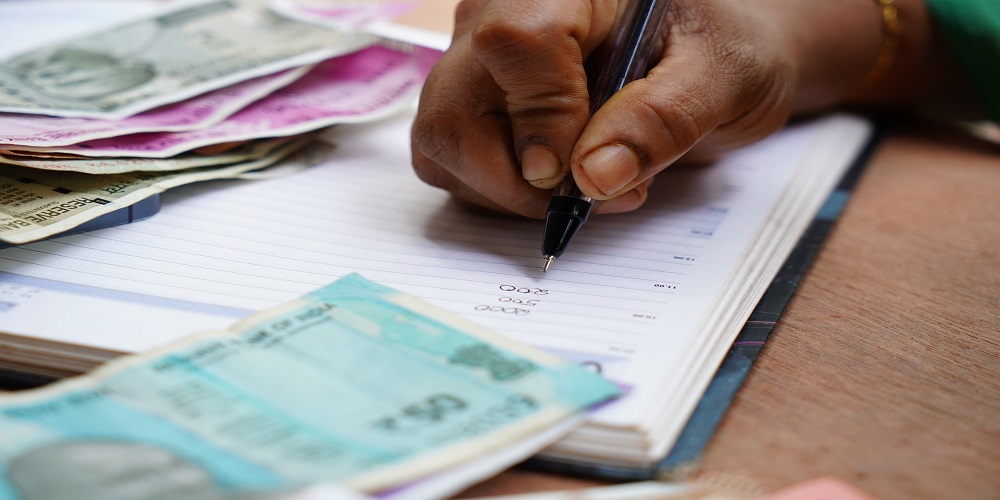Am I Responsible for the Debts of My Spouse?
If you have outstanding debt and your spouse has paid it, then deciding who is responsible for that debt can be complicated. It depends on where you live and what kind of state your state is in.
Read here to get to know more about it!

Debt Incurred Before Marriage
Debts incurred before marriage are not your responsibility. It means you don’t have to pay off your spouse’s debts, even if they’re separating or divorcing each other. The expenses incurred during divorce are not necessarily yours either!
Debt Incurred During the Marriage
If you are the only person who signed the loan, and your spouse’s name is not on it, you are responsible for paying off that debt. However, if both of you signed the loan together and it was incurred during your marriage or after your divorce. It becomes joint property—both spouses are responsible for paying it off together.
Suppose a married couple does not file their income tax returns jointly but does file separately on their tax forms. In that case, both can claim any available deductions (such as mortgage interest) on one return and still file separate ones with different amounts reported from each spouse’s side.
Who is Responsible for Your Spouse’s Debt?
If you live in a community property state, which includes Arizona, California, Idaho, and Louisiana, then your spouse’s debt is considered yours. However, if you live in an equitable distribution state—meaning that your spouse had no legal obligation to pay off the debt before they were married—then you could be held responsible for paying off your partner’s debts without help from them.
If the debt was incurred before marriage but after they married each other. Like credit card bills or student loans — then neither party should be held responsible for paying these types of statements unless there was an agreement made between both parties at least six months before entering into marriage about how things would work financially post-marriage.
It Depends on Where You Live!
Two types of states determine who is responsible for your spouse’s debt: community property and equitable distribution. The marital home is considered part of the community estate in community property states. All obligations incurred by either spouse during the marriage are considered equal in value, regardless of whether they were incurred before or after marriage.
On the other hand, equitable distribution laws assign responsibility for paying separate debts evenly between spouses so that each can be fairly compensated for their contributions toward acquiring those assets.
Verdict!
In short, it depends. Not every state has community property laws, but many of them do. If you live in one of these states and your spouse has been responsible for some of the debt, you are likely responsible for paying them back.
But if you live in an equitable distribution state or nowhere near one of these states, then it is unlikely that you would be liable for any of your spouse’s debts. For this, you can contact an experienced family lawyer to solve your spouse’s debt.
